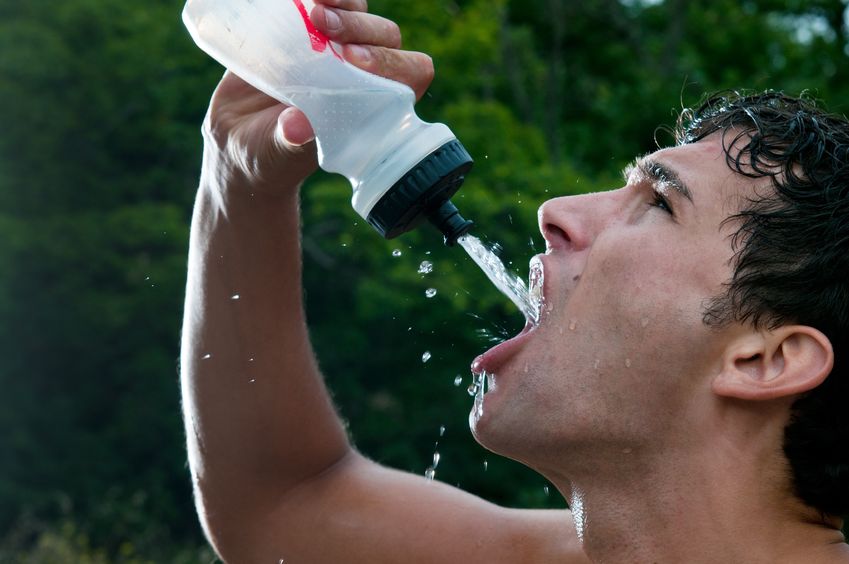Dehydration + heat exhaustion = Yuck. Fasting in a hot climate requires a solid strategy for maintaining your health and energy. Here’s how you can strike the perfect balance between honoring your fast and keeping your body in check when the weather is anything but forgiving.
1. Hydrate Smartly During Non-Fasting Hours
Your pre-dawn meal (suhoor or breakfast) and your evening meal (iftar or dinner) need to pull double duty. Water is your best friend here, but not all hydration is created equal. You want to:
- Drink Water—Lots of It: It’s tempting to guzzle gallons right before sunrise, but that’ll just make you feel bloated. Spread out your water intake from iftar to suhoor, aiming for 8-10 glasses.
- Limit Sugary and Caffeinated Drinks: While a cup of coffee might seem like the perfect wake-up call, caffeine is a diuretic, meaning it’ll make you lose water faster. Stick to herbal teas or plain water instead.
2. Plan Your Pre-Fast Meal Wisely
What you eat before you start fasting will play a huge role in how you feel throughout the day. So, make sure your pre-fast meal includes:
- Complex Carbs: Foods like oats, whole grains, and brown rice provide slow-release energy, keeping you feeling fuller for longer.
- Protein: Eggs, yogurt, and nuts will give you that much-needed strength to push through the day.
- Hydrating Foods: Incorporate water-rich fruits and veggies like cucumbers, watermelon, and oranges. They provide extra hydration and nutrients that’ll help you withstand the heat.
3. Avoid the Sun During Peak Hours
If you can, try to limit your exposure to the sun, especially during peak heat hours (typically 11 a.m. to 3 p.m.). If you’re outside, wear light-colored, loose-fitting clothing that allows your body to breathe and cool down naturally. A wide-brimmed hat or an umbrella can be your portable shade, offering some relief from direct sunlight.
4. Move, But Don’t Overdo It
Exercise is important, but when fasting in a hot climate, you don’t want to push your body too hard. Intense workouts can lead to faster dehydration, so:
- Opt for lighter physical activities like walking or stretching, and do them either early in the morning or after breaking your fast.
- If you’re a fitness enthusiast, consider moving your workout to the cooler evening hours after you’ve had time to hydrate and fuel your body.
5. Listen to Your Body
Fasting is a personal journey, but it’s essential to recognize when your body is telling you to slow down. Signs like dizziness, excessive thirst, and confusion could be indicators of dehydration or heat exhaustion. If you feel faint or overly fatigued, take a break in a cool space, splash water on your face, or sit down. If you feel unwell, don’t hesitate to break your fast if necessary—your health comes first.
6. Break Your Fast Gradually
After a long, hot day of fasting, it’s tempting to devour everything in sight. But be kind to your body—break your fast with small, easy-to-digest foods first. Dates, which are traditionally used to break the fast, are great because they provide natural sugars for quick energy. Follow up with a light soup or smoothie to ease back into eating before moving on to a fuller meal.
7. Stay Mentally Prepared
Fasting in extreme heat can take a mental toll. The constant thirst, paired with the scorching sun, can make even the strongest-willed person question their decision. Stay positive and remind yourself of the purpose behind your fast. Focus on keeping your mind engaged with activities that don’t require a lot of physical energy, like reading, journaling, or meditating.


